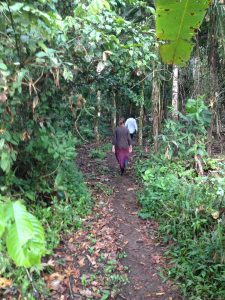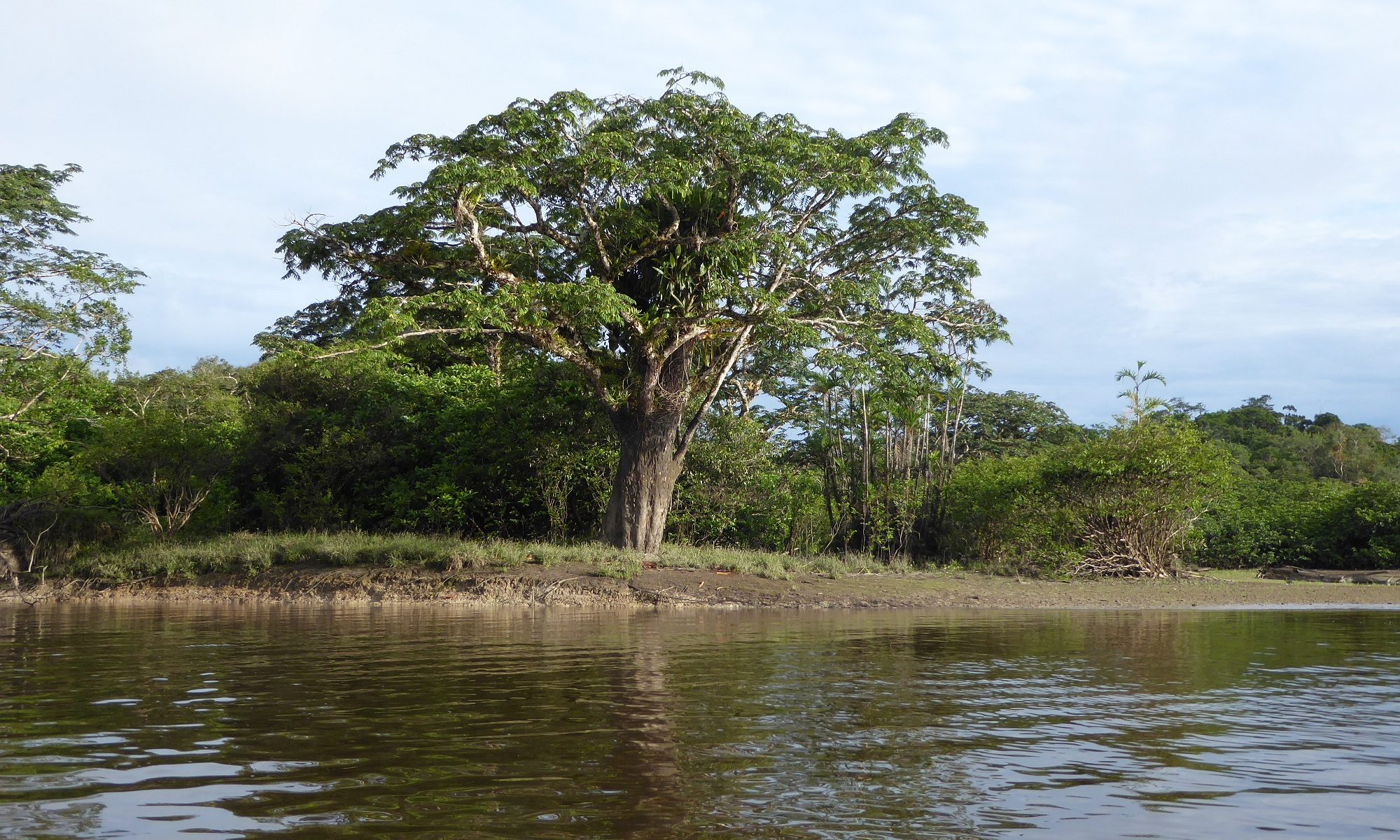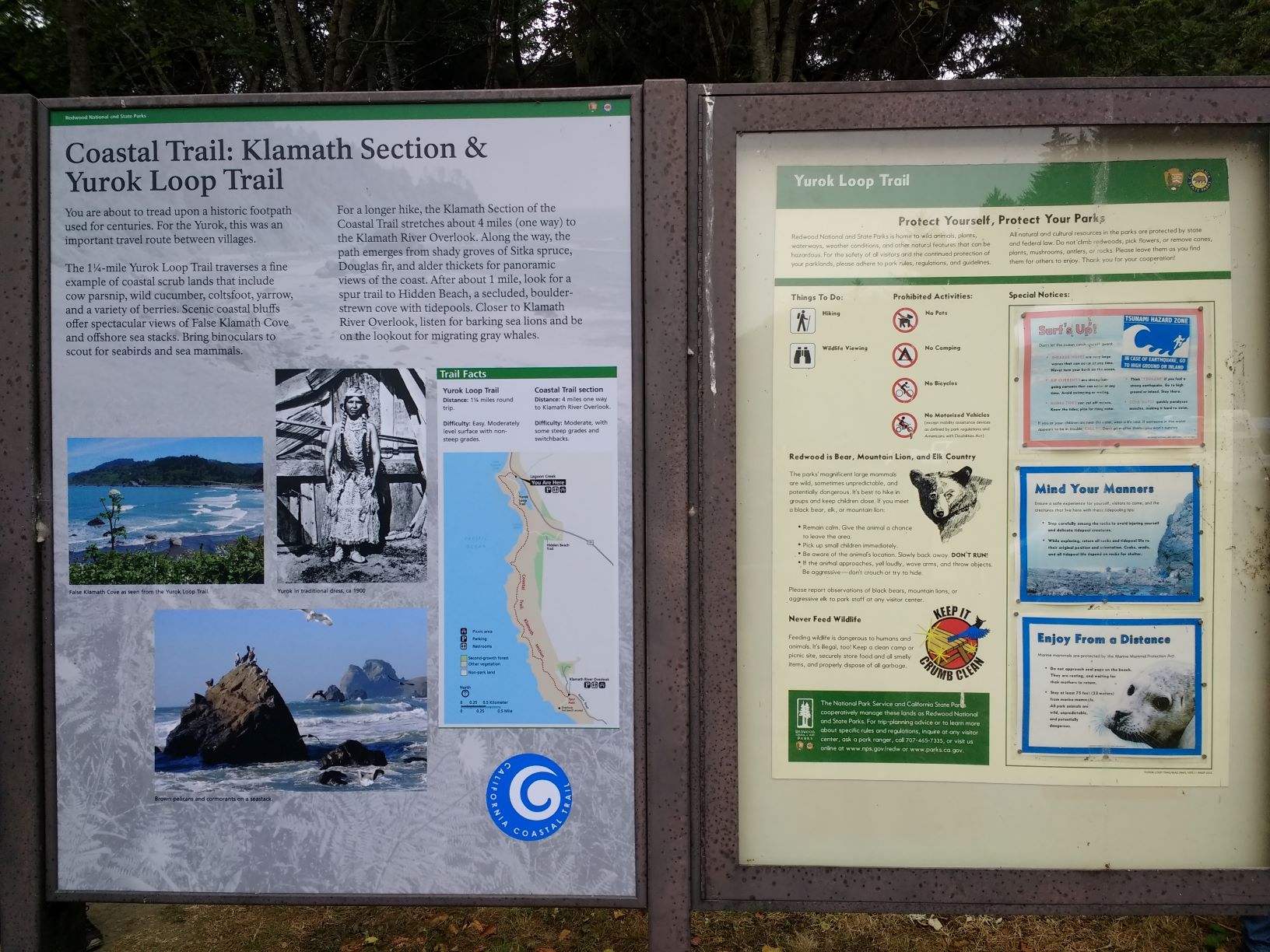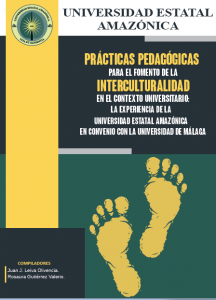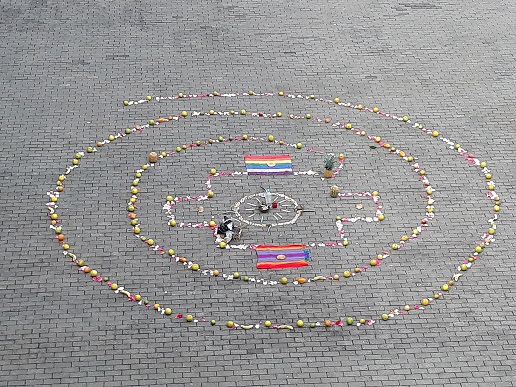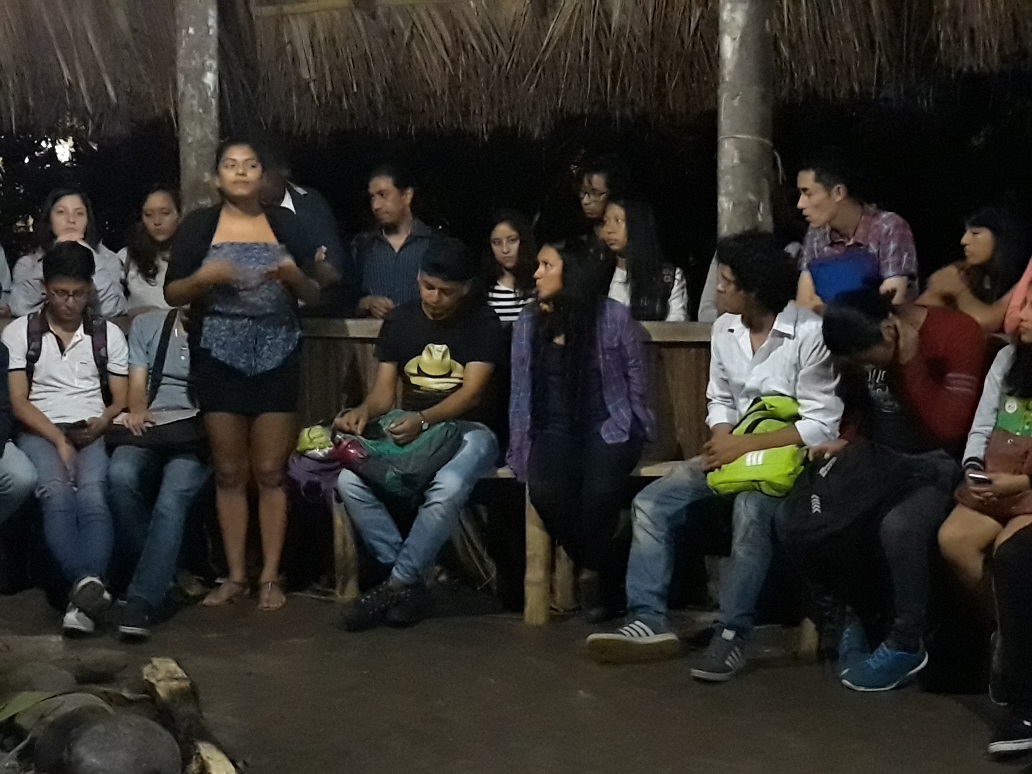Text by Johanna Hohenthal
This autumn the project members participated in several conferences and seminars in the Nordic countries that all somehow addressed the themes of decoloniality, interculturality and diversity in academic research. First, on 15-18 August, the 4th Annual Conference of the World-Ecology Research Network (WERN) was held in Helsinki, Finland. The WERN has an important decolonial commitment focusing on the “critique of Nature/Society dualism as a cosmology and world-historical practice of domination”. In this year’s conference, the keynotes, panels and working groups discussed on topical issues related to expropriation, capitalocene, extractivism, and power relations in academic research. The second event was a two-day seminar “Doing diversity/interculturality/decoloniality in development research” organized by the Finnish development research doctoral network (UniPID DocNet) in Tvärminne, Finland, 27-28 September. The presentations and discussions in the seminar largely centered around the questions on how to decolonize and diversify thinking and practices in the academic teaching and research work. In the following week, 5-6 October, the reflection on these themes continued in the first workshop of the research network Decolonial critique, knowledge production and social change in the Nordic countries (DENOR) in Gothenburg, Sweden. As stated by the leader of the network, Adrián Groglopo, in his welcoming words, the decolonial initiative is especially important in the Nordic context, because the Nordic “race” has for long enjoyed its privileged position on the expense of other nations and even been put on the pedestal as a model that the others should follow. Finally, the 10th conference of the Nordic Latin American Research Network (NOLAN) was organized in Oslo, Norway, 25-26 October. The conference addressed important issues related to human and environmental rights and the state of democracy that have implications especially for the lives of indigenous and other minority groups in Latin America. The conference also had a number of interesting working group sessions on indigenous identity, environmental governance and education.
In this writing, I will briefly return to the key messages from the above meetings that are significant also for our project. See also the related forthcoming text written by Paola Minoia in Convivial Thinking. Continue reading “Greetings from the autumn conferences in the North: key messages on diversifying and decolonizing academic research”
